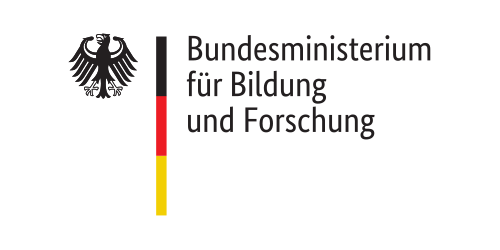Scientific focus
How tumor cells evade the immune system and why immune cells fail to control tumor progression are questions that have fascinated scientists for many years. Our scientific focus is on ligand-receptor interactions for immunosurveillance in cancer as well as molecular pathways for resistance to immunotherapeutic treatments.
We are working on the role of the Ca2+/NFAT signaling pathway, which plays an important role in tumor cell biology, acting as a tumor suppressor as well as an oncogene in a variety of tumor entities. In addition, it tightly regulates the activation and proliferation of immune cells, thereby also modulating the recognition of tumor cells. Furthermore, we characterize the host-tumor interaction with a special focus on the activation and antibody-dependent cellular cytotoxicity (ADCC) of NK cells and the recruitment and activation of T cells. To improve our understanding of immune surveillance, we analyze various immunoregulatory molecules in immune and tumor cells, including the NKG2D/NKG2D ligand system, various members of the TNF/TNFR family, and immune checkpoint molecules such as PD-1/PD-1L and CTLA-4 in leukemia and solid tumors.
Recently, we started our new project in endometriosis to develop immunotherapeutic targeting strategies. Endometriosis is a potentially chronic gynecological disease that can affect multiple organs and affects up to 10% of women of childbearing age. For unknown reasons, the lining of the uterus grows outside the uterine cavity, leading to complications such as severe pain and infertility. Treatment options are currently limited to hormone therapy and surgery. We want to characterize the role of different immune cells and the composition of endometriotic lesions to understand why the immune system is unable to prevent the development of endometriosis through immune control. In addition, we aim to identify specific immunological targets in order to establish immunotherapeutic treatment options for endometriosis patients in the future.














